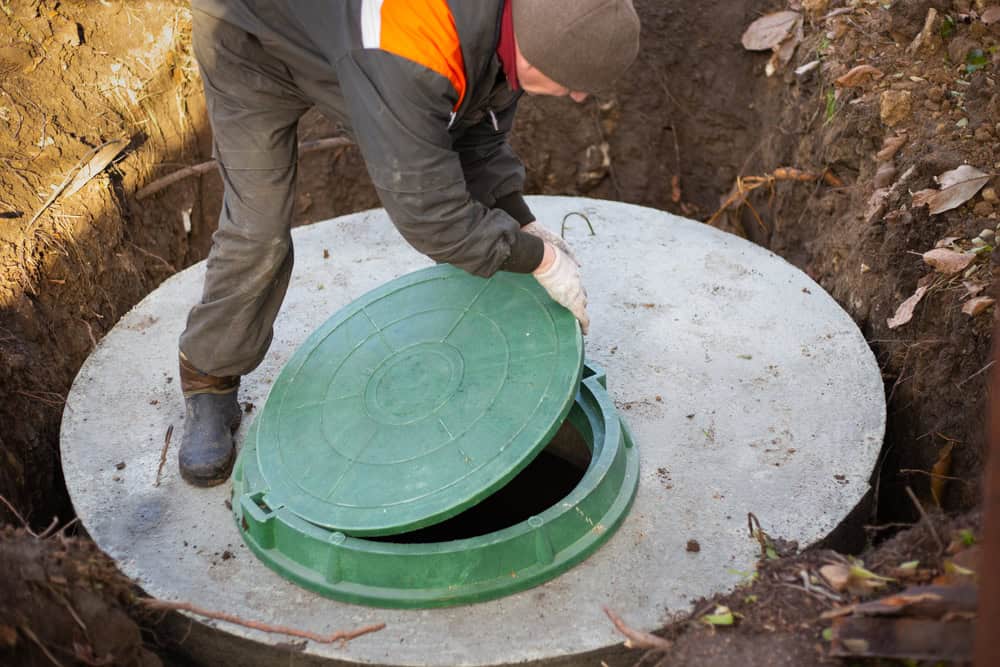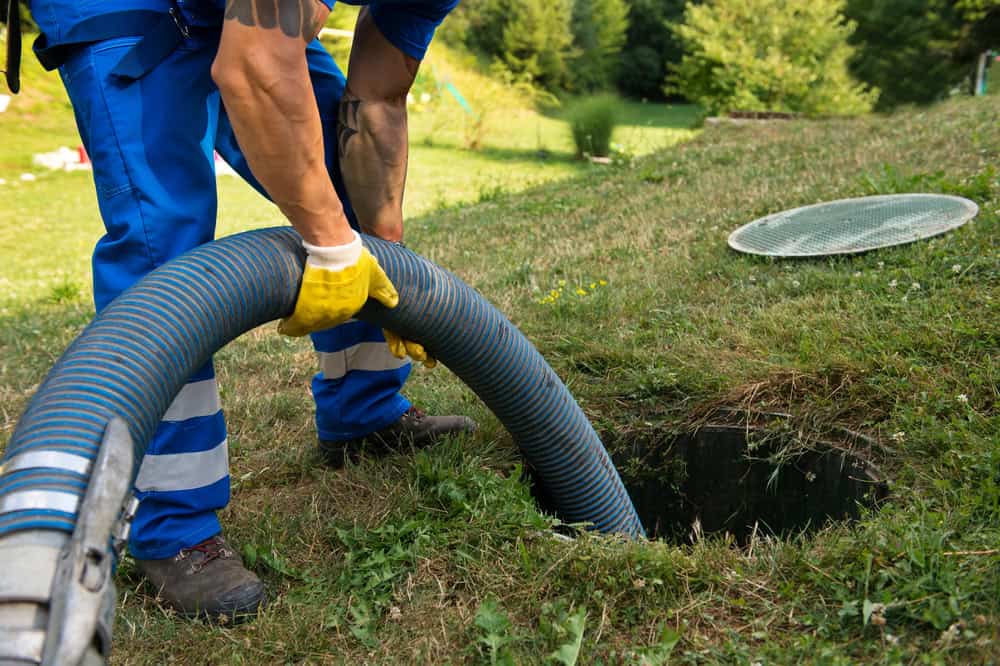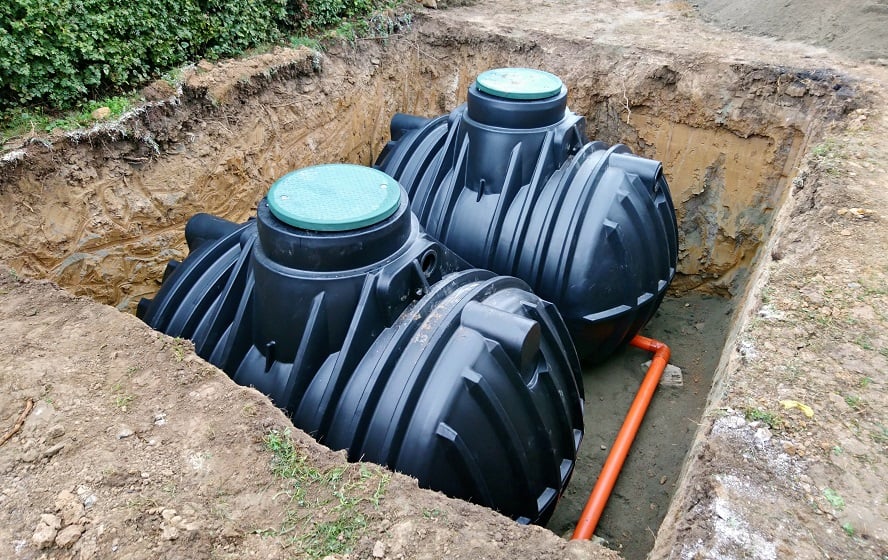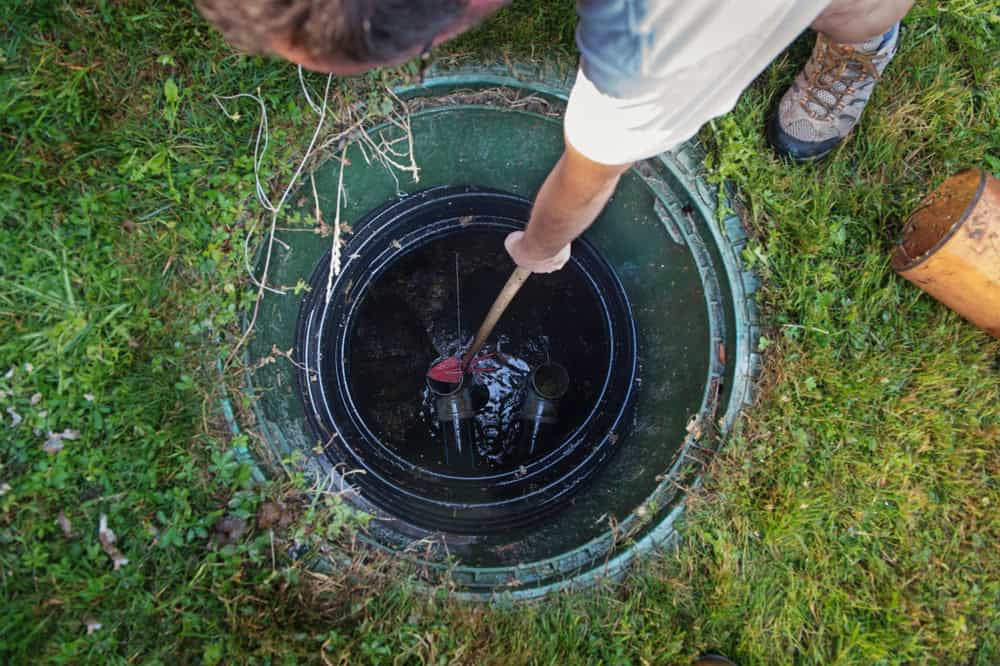
Hear from Our Customers

Your drains flow freely again. No more slow toilets, no more mysterious odors drifting across your yard, no more worry about what’s happening underground.
You get back to your routine knowing your system is working the way it should. Your property stays compliant with Suffolk County regulations, which protects your investment when it’s time to sell or refinance.
Most importantly, you avoid those emergency calls that always seem to happen at the worst possible time. Regular maintenance prevents the expensive disasters that catch other homeowners off guard.
We’ve been handling cesspool issues in Farmingdale and throughout Suffolk County for years. We understand how these systems work, what goes wrong, and how to fix problems before they become disasters.
Our team consists of licensed, trained technicians who’ve seen every type of cesspool challenge Long Island can throw at them. We’re not the guys who show up and guess—we diagnose accurately and fix things right the first time.
We serve Farmingdale homeowners who want straight answers, fair pricing, and service that actually solves their problems. No drama, no upselling, just professional work that keeps your system running.

First, we locate and access your cesspool safely. Our technicians inspect the system to understand what’s happening and identify any potential issues before they become problems.
Next, we pump out the accumulated waste using professional equipment designed specifically for this work. We’re thorough but efficient—we get the job done without disrupting your day more than necessary.
Finally, we check the system’s overall condition and give you a clear picture of what we found. If maintenance or repairs are needed, we explain what’s required and why. You get honest recommendations, not a sales pitch.

Ready to get started?
We handle everything your cesspool system needs: pumping, cleaning, inspections, repairs, and emergency service. Whether you’re dealing with a backup, planning routine maintenance, or preparing for a real estate transaction, we’ve got you covered.
Farmingdale homeowners face unique challenges with cesspool systems. Suffolk County’s regulations are getting stricter, and many older systems need more frequent attention than homeowners realize. We stay current with local requirements so you don’t have to worry about compliance issues.
Our service includes proper documentation for county records, which you’ll need if you ever sell your property. We also provide honest assessments about your system’s condition and realistic timelines for any recommended work.

Most Farmingdale homeowners need cesspool pumping every 2-3 years, but the exact timing depends on your household size and water usage. A family of four typically needs service every 1-2 years, while single-person homes can often go 3-4 years between pumpings.
The key is watching for warning signs rather than just following a calendar. If your drains are slowing down, you notice odors around your property, or you see soggy areas in your yard near the cesspool, it’s time for service regardless of when you last had it pumped.
We measure the actual waste accumulation in your system during each visit, so we can give you a realistic timeline for your next service based on your specific usage patterns.
Slow drains throughout your house are usually the first sign something’s wrong. When multiple fixtures start draining slowly at the same time, your cesspool is likely approaching capacity.
Sewage odors around your property, especially near where your cesspool is located, indicate the system is struggling to process waste properly. You might also notice unusually green or lush patches of grass above the cesspool area.
The most serious warning sign is any sewage backup into your home. This requires immediate professional attention to prevent health hazards and property damage. Don’t wait if you see water backing up into basement drains, toilets, or other fixtures.
Cesspool pumping in Farmingdale typically costs between $250-$450 for a standard 1,000-gallon system. The exact price depends on your tank size, how accessible it is, and how long it’s been since your last pumping.
Systems that haven’t been maintained regularly cost more to service because they require additional time and effort to pump properly. Regular maintenance keeps costs predictable and prevents the expensive emergency calls that happen when systems fail.
We provide upfront pricing before we start any work, so you know exactly what you’re paying for. No surprise fees or hidden charges—just honest pricing for professional service.
You don’t need permits for routine cesspool pumping and maintenance, but Suffolk County does require proper documentation of all service work. We handle all the necessary reporting and record-keeping as part of our service.
If you’re selling your home or applying for renovation permits, you’ll need to provide proof of regular cesspool maintenance. We provide the documentation you need for real estate transactions and county compliance.
For major repairs or system replacements, permits are required. We can guide you through that process if needed, but most routine maintenance work doesn’t require advance permits from the county.
Cesspool pumping requires specialized equipment, safety training, and proper waste disposal permits that homeowners can’t access. The vacuum trucks, safety gear, and disposal facilities needed for this work aren’t available to the general public.
More importantly, cesspool pumping involves serious health risks from toxic gases and contamination exposure. Professional technicians have the training and equipment to work safely around these hazards.
Attempting DIY cesspool work also means missing the inspection and documentation that comes with professional service. You need these records for county compliance and future property transactions, so trying to save money upfront often costs more later.
Complete cesspool failure usually means sewage backing up into your home or pooling in your yard—both serious health hazards that require immediate professional response. We provide 24/7 emergency service for these situations.
In many cases, what looks like total system failure is actually a blockage or pump problem that can be resolved without replacing the entire system. Our technicians can diagnose the actual problem and determine whether you need repairs or replacement.
If replacement is necessary, Suffolk County offers grants up to $10,000 for cesspool improvements, and we can help you navigate that process. But many “failed” systems can be restored to proper function with the right repairs and maintenance.
Most Farmingdale homeowners need cesspool pumping every 2-3 years, but the exact timing depends on your household size and water usage. A family of four typically needs service every 1-2 years, while single-person homes can often go 3-4 years between pumpings.
The key is watching for warning signs rather than just following a calendar. If your drains are slowing down, you notice odors around your property, or you see soggy areas in your yard near the cesspool, it’s time for service regardless of when you last had it pumped.
We measure the actual waste accumulation in your system during each visit, so we can give you a realistic timeline for your next service based on your specific usage patterns.
Slow drains throughout your house are usually the first sign something’s wrong. When multiple fixtures start draining slowly at the same time, your cesspool is likely approaching capacity.
Sewage odors around your property, especially near where your cesspool is located, indicate the system is struggling to process waste properly. You might also notice unusually green or lush patches of grass above the cesspool area.
The most serious warning sign is any sewage backup into your home. This requires immediate professional attention to prevent health hazards and property damage. Don’t wait if you see water backing up into basement drains, toilets, or other fixtures.
Cesspool pumping in Farmingdale typically costs between $250-$450 for a standard 1,000-gallon system. The exact price depends on your tank size, how accessible it is, and how long it’s been since your last pumping.
Systems that haven’t been maintained regularly cost more to service because they require additional time and effort to pump properly. Regular maintenance keeps costs predictable and prevents the expensive emergency calls that happen when systems fail.
We provide upfront pricing before we start any work, so you know exactly what you’re paying for. No surprise fees or hidden charges—just honest pricing for professional service.
You don’t need permits for routine cesspool pumping and maintenance, but Suffolk County does require proper documentation of all service work. We handle all the necessary reporting and record-keeping as part of our service.
If you’re selling your home or applying for renovation permits, you’ll need to provide proof of regular cesspool maintenance. We provide the documentation you need for real estate transactions and county compliance.
For major repairs or system replacements, permits are required. We can guide you through that process if needed, but most routine maintenance work doesn’t require advance permits from the county.
Cesspool pumping requires specialized equipment, safety training, and proper waste disposal permits that homeowners can’t access. The vacuum trucks, safety gear, and disposal facilities needed for this work aren’t available to the general public.
More importantly, cesspool pumping involves serious health risks from toxic gases and contamination exposure. Professional technicians have the training and equipment to work safely around these hazards.
Attempting DIY cesspool work also means missing the inspection and documentation that comes with professional service. You need these records for county compliance and future property transactions, so trying to save money upfront often costs more later.
Complete cesspool failure usually means sewage backing up into your home or pooling in your yard—both serious health hazards that require immediate professional response. We provide 24/7 emergency service for these situations.
In many cases, what looks like total system failure is actually a blockage or pump problem that can be resolved without replacing the entire system. Our technicians can diagnose the actual problem and determine whether you need repairs or replacement.
If replacement is necessary, Suffolk County offers grants up to $10,000 for cesspool improvements, and we can help you navigate that process. But many “failed” systems can be restored to proper function with the right repairs and maintenance.